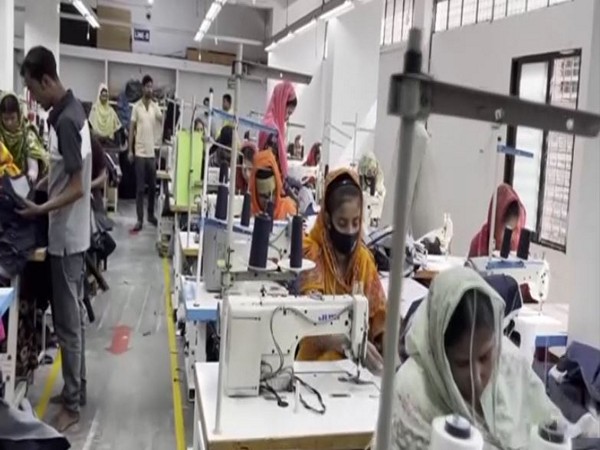Unrest in Bangladesh Garment Industry Threatens Economic Stability
The Bangladesh garment industry, a vital economic contributor, faces unrest impacting exports and raw material imports. Factory owners blame the interim government's inexperience for failing to manage the crisis, risking job losses and shifting foreign buyers to competitors like Vietnam and India.

- Country:
- Bangladesh
The ongoing unrest in Bangladesh's garment industry, pivotal for the nation's economy, is exacerbating concerns over dwindling exports and disrupted raw material imports. Factory owners attribute the turmoil to the interim government's inexperience, risking not only industrial stability but also the broader economic fabric.
The country's readymade garment sector, representing 83% of exports, employs around 4 million workers, with a significant number being women. A recent governmental shift has led to dissatisfaction, resulting in 29 factories failing to pay September salaries, thereby reigniting workforce grievances. While most issues were previously resolved, a renewed wave of unrest highlights a persisting volatile situation.
The Bangladesh Garment Manufacturers and Exporters Association (BGMEA) reports competitive threats, with other exporting nations like Vietnam and India experiencing higher growth rates, as foreign buyers consider relocating. With a significant portion of Bangladesh's export industry at risk, the social and economic consequences could be profound if unrest isn't addressed promptly.
(With inputs from agencies.)










